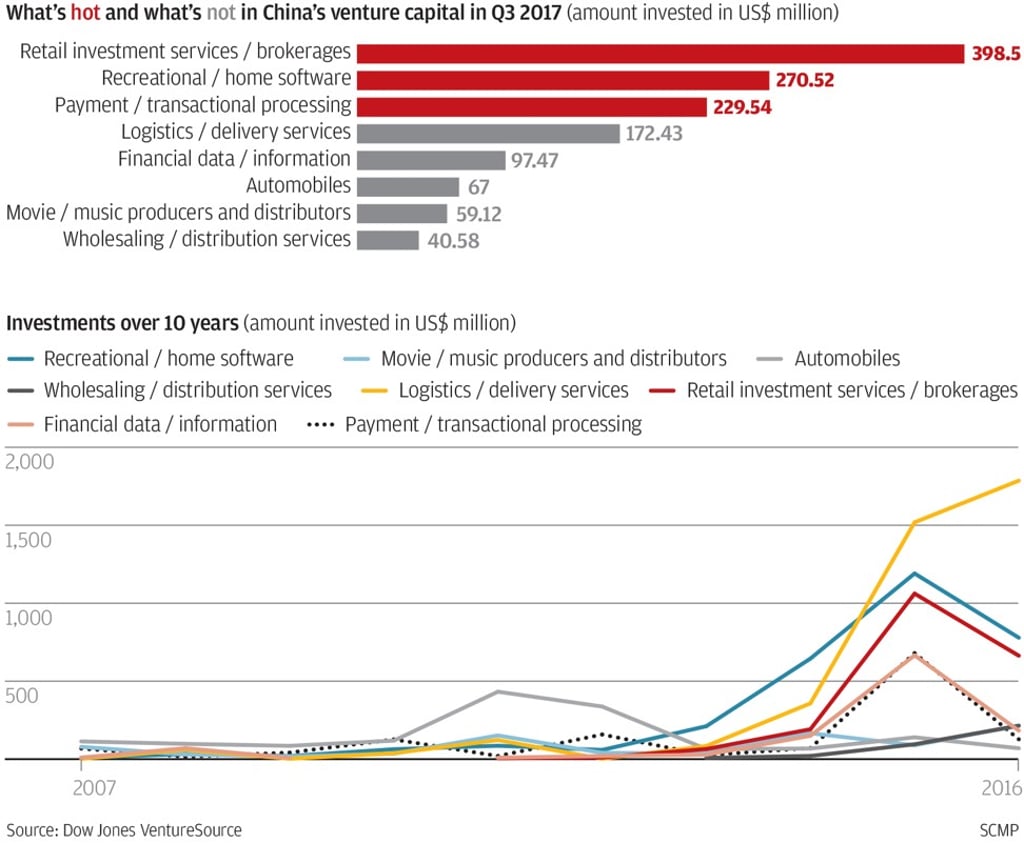How toilet paper-sharing is a warning sign that China’s start-up fervour is overheating
Awash with money, Chinese venture capital funds chased marginal ideas, leading to a boom-and-bust cycle still playing out in the sharing economy

As an analyst covering tech start-ups in China, Zhao Ziming has seen some really wacky ideas cross his desk. Even so, he was surprised by his cousin, who was preparing to launch a start-up to share rolls of toilet paper.
“My cousin said he always cannot find toilet paper in the restrooms in most office buildings in China, so he is going to start an app to share toilet paper, at one yuan for a roll,” said Zhao, who works for Beijing-based consultancy Cyzone. “I told him that was a really stupid idea and brought him to some restrooms in Beijing to prove that his idea can’t work, that there’s no demand for sharing toilet paper.”
China has seen an entrepreneurial fever sweep the population, lured by tales of exponential riches made seemingly overnight and news about a new class of billionaires minted by the internet boom. Venture capital funds were awash with money and chased marginal ideas, leading to a boom-and-bust cycle that is now still playing out particularly in the so-called sharing economy, which is a term for owners renting out something they are not using.
Reminiscent of the dotcom boom in the late 1990s when any company that added a .com suffix
guaranteed investor interest, many start-ups in China have raised millions of dollars by shopping around concepts tied to sharing. Except that start-up founders and the venture capital money funding them have moved on from cars and homes, represented by the likes of Uber and Airbnb, to areas like rental of bicycles, power banks and even life-size companion dolls.
